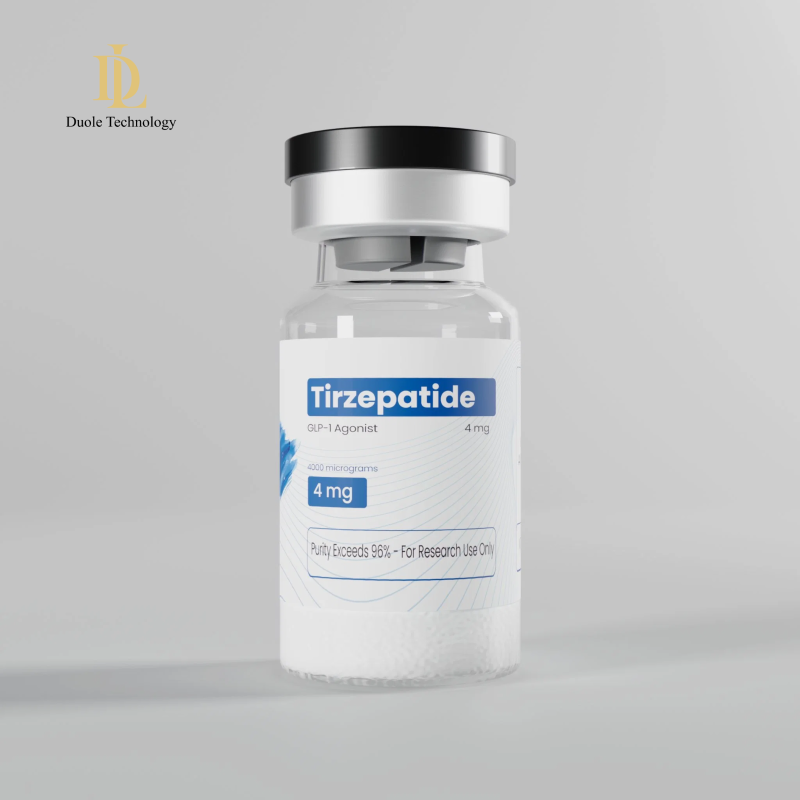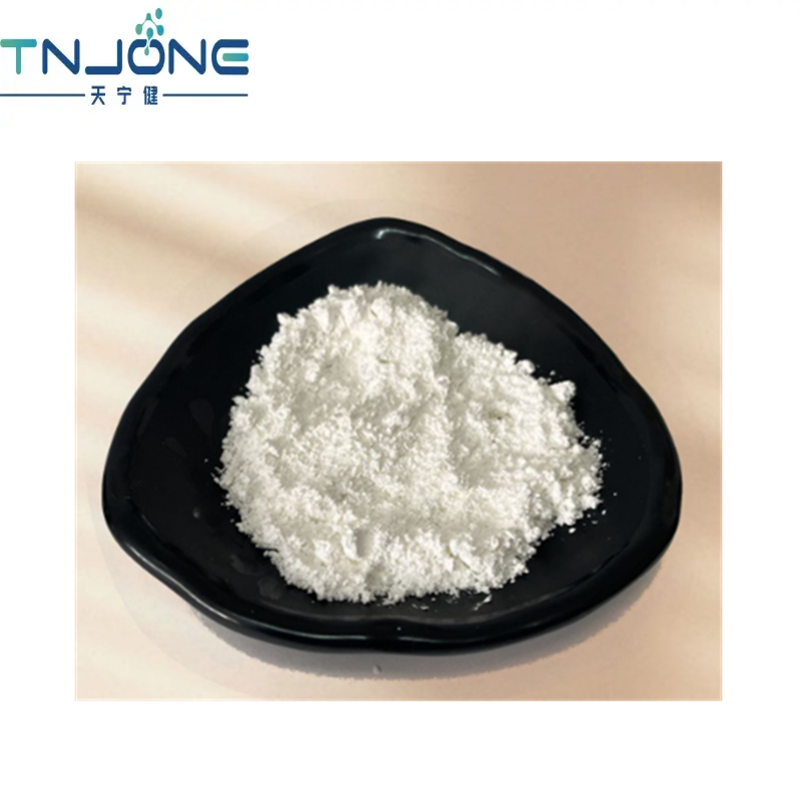Opportunities and challenges for the rise of biopharmaceuticals in China
-
Last Update: 2018-07-12
-
Source: Internet
-
Author: User
Search more information of high quality chemicals, good prices and reliable suppliers, visit
www.echemi.com
China's financial investment and policy support in the field of biomedicine are obvious to all over the world Foreign media are also more and more keen to report the big news of the industry in China: many media websites, such as fierce Pharma, have published their opinions on the movie I am not the God of medicine News talks about "how American funds / biotech companies attract more Chinese funds"; pharmaceutical manager of the United States dialectically expounds the opportunities and challenges of the rise of China's biopharmaceuticals from the perspective of a third party Pharmexec started by saying that a long time ago, China had a strong interest in biopharmaceuticals and health care, and now that interest is growing If you look back at the history, it is not difficult to find that China used to be mainly a manufacturer of low-cost, low-quality pharmaceutical intermediates and fine chemicals, similar to many enterprises in India With the slogan of "transformation and upgrading" put forward by the government, China has begun to clean up its traditional manufacturing business and constantly improve the reputation of active pharmaceutical ingredients (API) and fine chemicals Chinese pharmaceutical companies began to produce traditional Chinese medicine and generic drugs for their own countries and the world Since then, more and more Chinese pharmaceutical companies have gone abroad and become global generic manufacturers As a result, Chinese pharmaceutical companies have begun to manufacture or even develop more complex drugs, some of which are unique products of Chinese biopharmaceutical companies And more and more enterprises choose China and the United States to conduct clinical trials of candidate drugs in China and the United States at the same time In terms of supervision, the evolution of China 's drug regulatory authorities has been extremely bumpy: on the one hand, efforts should be made to develop and implement standards and approval procedures suitable for the Chinese market; on the other hand, they should be similar to the United States FDA and the European Drug Administration (EMA) Fortunately, after several rounds of drug regulatory reform, China's regulatory system is increasingly respected: like the FDA, China's drug regulatory authorities are trying to simplify the drug approval process, while ensuring that science and public safety are not affected In terms of China's healthcare market, a large population base is the primary reason to attract local and Western drug suppliers China has changed from a hospital centered medical system without medical insurance to a more diversified and modern patient care system with medical insurance In addition, China is striving to create a very delicate ecosystem, which exists in some parts of the world By attracting top researchers to successfully develop drugs, establishing and financing biotechnology companies, and giving capital liquidity and valuation growth, it is essential for the successful development of biopharmaceuticals The achievements of different countries and regions in the new drug development ecosystem can be described as "mixed reputation" Experts who study this phenomenon point out that it is sufficient to rely on powerful research universities, government funded research institutions (such as NIH and DARPA in the United States), pharmaceutical companies with appropriate technology and personnel, funds to ensure the smooth development of each stage, regional stock markets to support emerging biotechnology and comfortable living environment to attract the best researchers In recent years, China has established a number of biotechnology / drug development parks: attracting highly educated scientists and returnees to start businesses through financial subsidies, encouraging venture capital and private equity funds to invest in biotechnology / pharmaceuticals, and making the development of biotechnology as part of the made in China 2025 strategy from the top-level design In addition, the Chinese government has changed Hong Kong's IPO rules to allow non income biotechnology companies to be listed on the Hong Kong stock exchange, before which there was no precedent In the past, the only way for Chinese biotech companies to go public was through IPO or reverse merger in the US or Europe The Chinese government is willing to open a green channel for the IPO of biotechnology companies, which shows that the government attaches great importance to the industry According to the statistics of medicine magic cube, at the end of June, Xinda biology and mengke medicine submitted prospectus to the Hong Kong stock exchange, and at the beginning of July, there were two unprofitable biotechnology companies, aobiome therapeutics and stearth biotherapeutics Along with Geli pharmaceutical and Hualing pharmaceutical, there are already six biotech unicorns in line for listing Foreign media pointed out that the valuation of IPO market in various industries in China is far higher than that in western countries, and it is still uncertain whether the overvalued value can be reflected in the field of biotechnology However, the overvalued value of the capital market does provide an obvious advantage for the cost of equity Although it is not sure that biopharmaceuticals can achieve the grand plan of made in China 2025, at present, China is actively creating an ecosystem that is going to be successful and stable Compared with the western countries, the opportunities for developing biomedicine in China are obviously greater First of all, China's drug market is rising, and there is a high incentive to sell existing and new drugs to the Chinese market While there are issues such as pricing, intellectual property, distribution and regulation that need to be addressed, the overall opportunity is positive, largely depending on the specific circumstances of each drug and company In addition, even newly established biopharmaceutical companies are able to establish partnerships with Western pharmaceutical companies by authorizing the introduction of candidate drugs under development or mature products approved by the United States At the same time, Chinese local companies are developing more and more new drugs with "international standards" Their clinical trials, market access and marketing in the United States or Europe are more likely to be handled by western local biopharmaceutical companies, which can enhance their regional regulatory expertise, local sales and marketing resources, and even milestone payment funds if necessary Finally, although the revision of Hong Kong Stock Exchange IPO rules will mainly benefit Chinese biotechnology companies in IPO, Western biotechnology companies will also open dual listing, which may benefit more Chinese investors The threat is clearly not much of a chance The obvious threats are: with the strong support of the government, Chinese biopharmaceutical companies may ignore the market, rush into a "most attractive treatment field" and become radical competitors; loose standards on the use of genetic engineering and other issues; Access to private and public equity financing through "high valuations"; as well as a sharp increase in university research and the number of graduates, increased mobility of personnel exacerbates industry instability Although China has gained significant market share in pharmaceutical intermediates / fine chemicals and generic pharmaceutical production, and although the Chinese government hopes that the biopharmaceutical industry will speed up its pace and become bigger and stronger, China's biopharmaceutical industry will be able to achieve results in the market, and foreign media say it can't be too optimistic at present
This article is an English version of an article which is originally in the Chinese language on echemi.com and is provided for information purposes only.
This website makes no representation or warranty of any kind, either expressed or implied, as to the accuracy, completeness ownership or reliability of
the article or any translations thereof. If you have any concerns or complaints relating to the article, please send an email, providing a detailed
description of the concern or complaint, to
service@echemi.com. A staff member will contact you within 5 working days. Once verified, infringing content
will be removed immediately.







